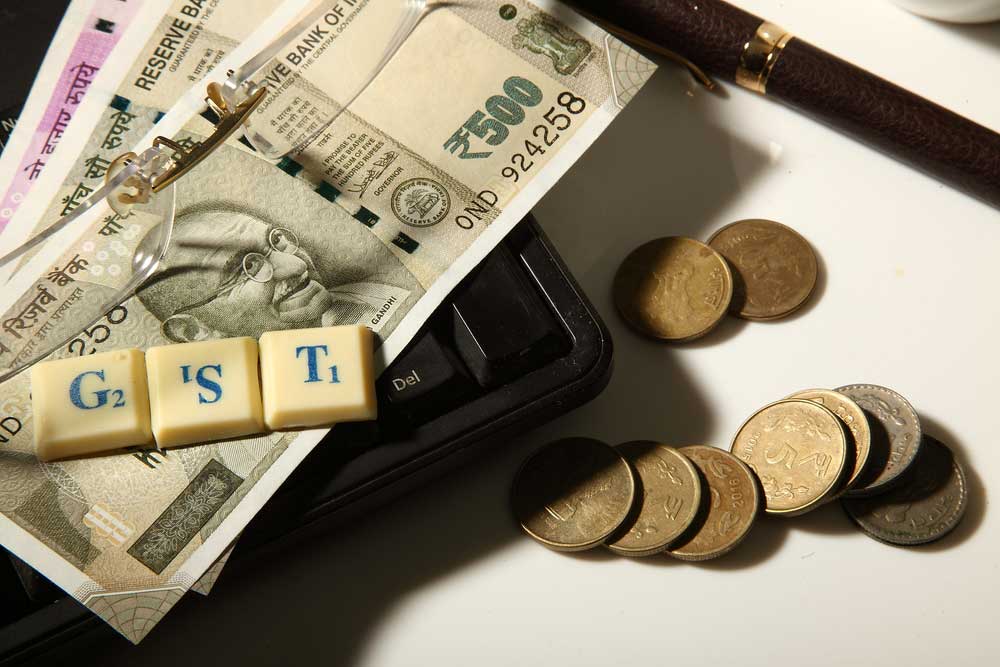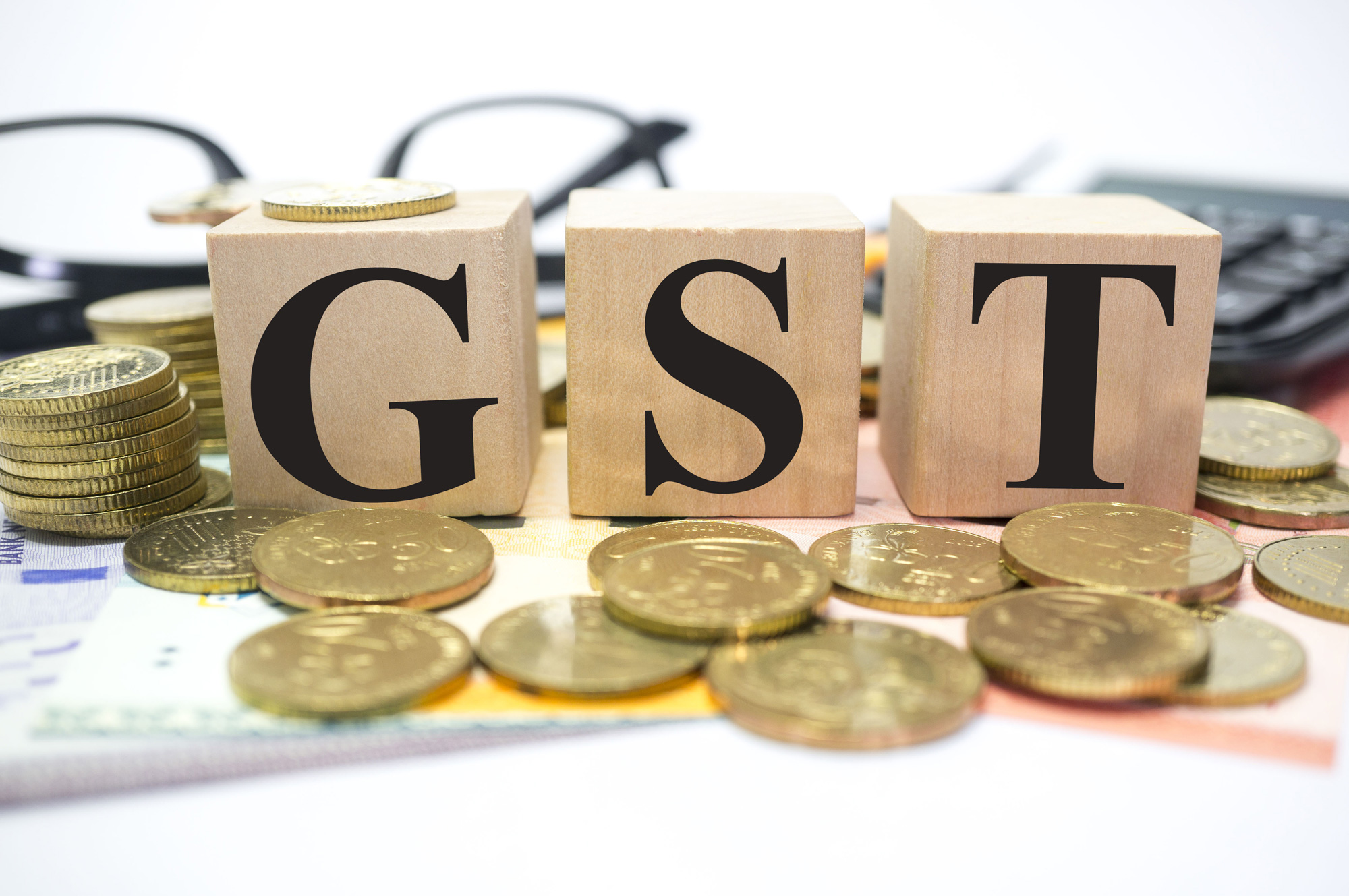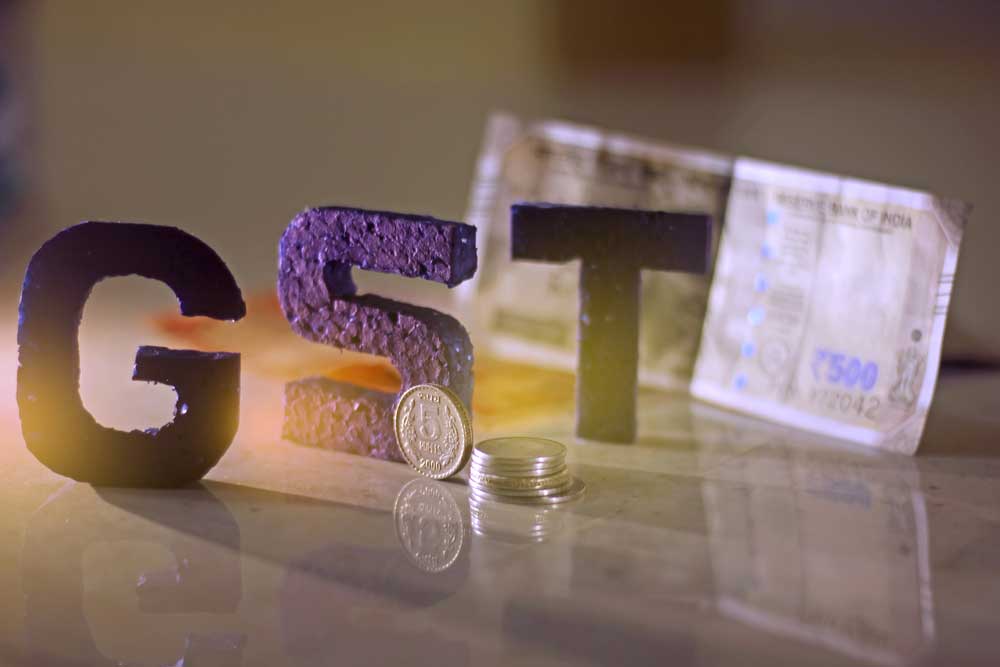Small and medium businesses with an annual turnover of Rs 40 lakh will be exempt from paying the goods and services tax — a move that is expected to free 20 lakh firms from the rigours of the indirect tax regime that was introduced in July 2017.
The GST Council also announced on Thursday that the turnover cap for the composition scheme — under which most small businesses pay only a 1 per cent tax —would be raised to Rs 1.5 crore from April 1. The earlier threshold was Rs 1 crore. Restaurants, however, pay a higher 5 per cent tax under the composition scheme.
The twin decisions come as a relief for small and medium businesses that have been groaning under the burden of taxation in the GST regime that replaced more than a dozen federal and state levies.
At present, over 1.17 crore businesses are registered under the GST scheme. Of these, over 18 lakh firms have opted for the composition scheme.
The BJP will be hoping that the decisions translate into support for the Narendra Modi government from the party’s traditional voter base even though the decisions had the backing of states ruled by Opposition parties.
Moreover, service providers and suppliers of both goods and services up to a turnover of Rs 50 lakh will be eligible to opt for the GST composition scheme and pay a tax of 6 per cent.
Finance minister Arun Jaitley told reporters after the meeting that the GST exemption limit for the northeastern states is being doubled to Rs 20 lakh.
But there is an opt-out facility for states that fear their tax base will drastically erode if the exemption limit is raised from Rs 20 lakh at present to the proposed level of Rs 40 lakh.
“A few states felt that that if the turnover threshold for exemption was raised to Rs 40 lakh, their assessee base would be badly eroded. So, if they inform the GST secretariat within a week, then they will be given the option to opt down to Rs 20 lakh. Puducherry has kept this option. This is a one-time exception and will not affect businesses with inter-state supplies,” Jaitley added.
“Kerala and Chhattisgarh have also insisted on a Rs 20 lakh exemption limit,” said Bihar deputy chief minister Sushil Modi who heads the group of ministers formed by the GST Council.
The GST Council allowed Kerala to levy a 1 per cent calamity cess on intra-state sales of goods and services for a period of up to two years to mobilise revenues to meet the cost of rehabilitation of the flood-ravaged state. This had been a contentious issue since the GST regime did not provide for the imposition of a calamity cess that would be confined to a single state.
Finance ministry sources said the annual revenue loss arising from the decision to double the exemption limit to Rs 40 lakh had been estimated at Rs 5,200 crore.
The twin relaxations in the composition scheme will have an annual revenue impact of Rs 3,000 crore.
“The government is trying to correct the mistakes it made when GST was introduced, especially with respect to small businesses which have been hit hard by demonetisation and GST,” said Sumit Dutt Majumder, former chairman of the Central Board of Excise & Customs and author of GST: Explained for Common Man.
Dealers who opt for the composition scheme will have to pay taxes quarterly and file one annual return along with a simple declaration, which will smoothen compliance procedures for small businesses.
The big expectation of a reduction in the GST levy from 12 per cent to 5 per cent for under-construction real state properties did not come through.
A seven-member group of ministers has been formed to examine the proposal to create a composition scheme for the real estate sector.
Another panel will examine a proposal to ensure uniformity of taxation on lotteries and other issues relating to the subject since states had divergent views.
Since its launch 18 months ago, the GST regime has undergone several rounds of drastic change. Last month, the government had slashed taxes on 34 goods.
Analysts said the Centre was likely to face a shortfall of Rs 1 lakh crore on account of GST by the year-end.
Punjab, Bihar, Gujarat, Odisha, Puducherry, Delhi and Chhattisgarh are among states that are facing a revenue shortfall.













